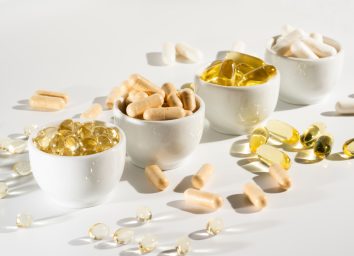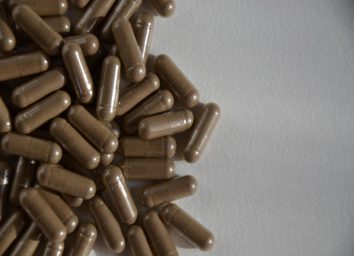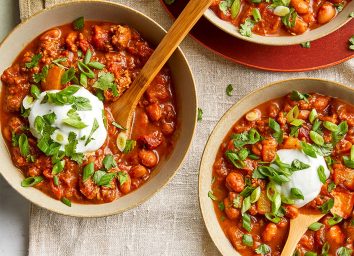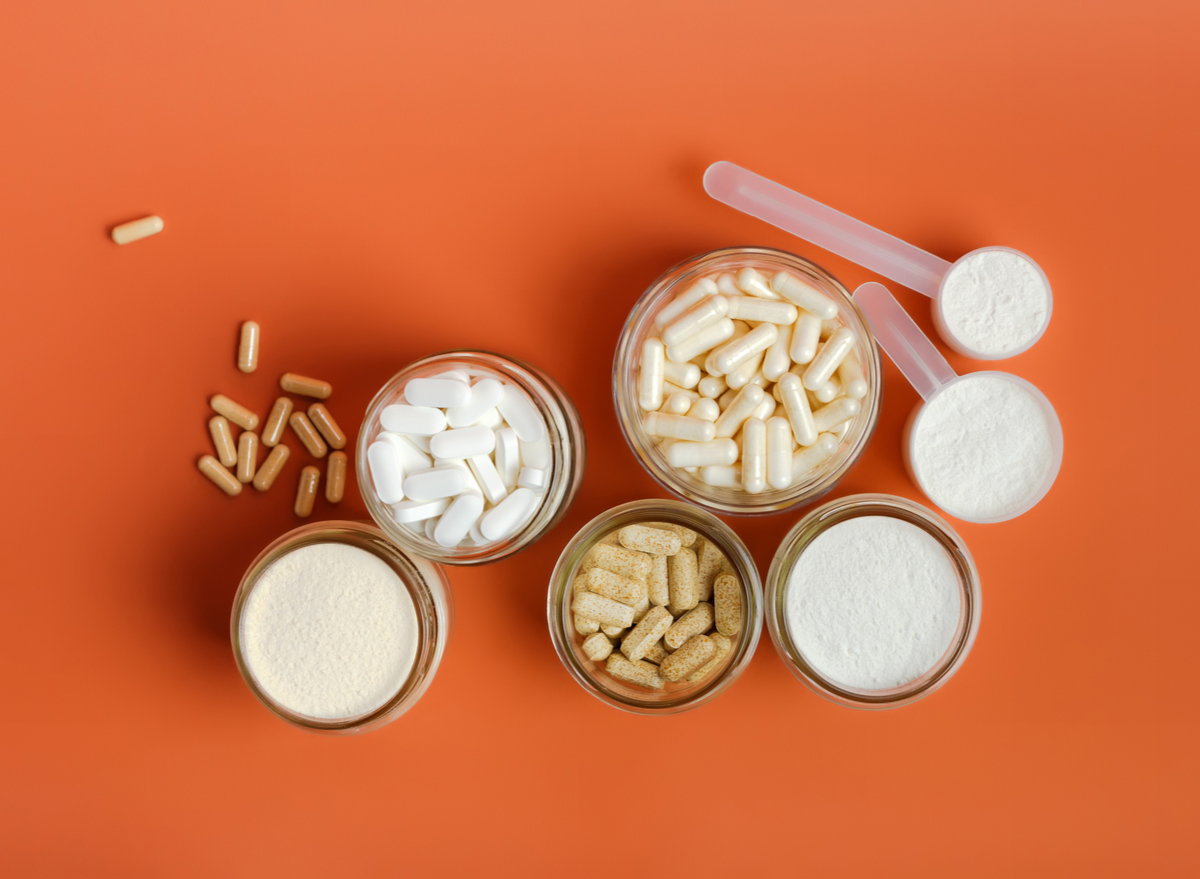
When you want to improve exercise performance, you may think to turn to supplements beyond protein powder. There are, in fact, many supplements that can support better workout results, such as beetroot and branched-chain amino acids; however, there are also supplements that can negatively impact your performance.
Once thought to be a worthwhile supplement to take while exercising, at this point, scientific research indicates that antioxidant supplementation is mostly detrimental to exercise. There are always exceptions to the rule and you may feel you're getting maximum gains from all that vitamin C you take, but generally speaking, the experts aren't buying it.
How antioxidant supplements may negatively affect exercise
The oxidation-reduction—or redox—cycle is important to all kinds of biological processes, including building muscle. When you exercise, you build up the concentration of reactive oxygen species, AKA free radicals, in your muscles. Your body then unleashes antioxidants to fight the free radicals. This perpetual battle is called the redox cycle and it's a good thing because every time it happens, your body adapts—and you get a little stronger.
You'd think throwing a bunch of extra antioxidants into the mix would only work to your advantage, but this doesn't appear to be the case. Basically, you end up overwhelming the free radicals so they can't dance their half of the redox tango. When the cycle doesn't happen properly, you don't get the results you're looking for.
Vitamin C is basically Exhibit A in the case against antioxidant supplementation, with research suggesting large doses can decrease endurance capacity and suppress exercise-induced VO2 max.
While it is not recommended to supplement with vitamin C to improve exercise performance, you still need it in your diet given it plays a key role in the development and repair of all your body tissues, including muscle.
Antioxidant vitamin, vitamin E, doesn't get the bad rap that vitamin C gets, but it still isn't shown to be all that effective from a fitness perspective.
How to eat antioxidants to support exercise
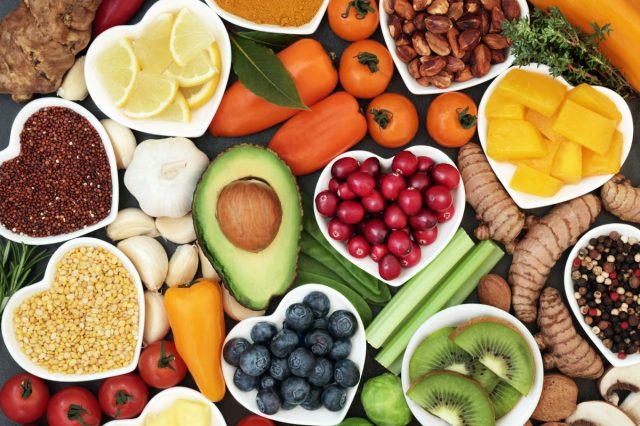
There are other areas of health where supplementing individual antioxidants may play a useful role in combating excessive oxidative stress, but when it comes to exercise, your best bet is to instead support your endogenous (internal) antioxidants so they can do their job properly. The best way to do this is with whole foods or even whole food extracts since the synergistic antioxidant combinations within should do a better job of fortifying your body's internal defenses.
This is all a long-winded way of saying that if you're looking for antioxidants that'll help you feel stronger and build muscle, eat your fruits and veggies.
Here are antioxidant-rich foods to eat to support overall health and exercise performance.
Vitamin C
To get vitamin C through foods, fill up on things like cruciferous veggies such as broccoli and cauliflower, citruses such as oranges and limes, strawberries, bell peppers, and tomatoes.
Vitamin E
As for vitamin E, check out foods like seed oils such as sunflower and safflower oil, sunflower seeds, almonds, peanuts, and avocado.
Vitamins C and E work synergistically, so make a point of combining these foods with vitamin C foods. Did someone say guacamole?
Polyphenols
Another class of antioxidants, known as polyphenols, may support exercise performance when consumed via the whole foods that contain them.
Polyphenols are a class of phytochemical—healthful compounds you find in fruits and veggies. Some of the better-known polyphenols include curcumin, resveratrol, and quercetin. Studies on everything from blueberries to purple sweet potato leaves show a diet rich in polyphenols may go a long way towards reducing exercise-induced oxidative damage.
The best way to get more polyphenols in your diet is to eat the proverbial rainbow by adding a wide variety of different colored produce into your diet. One trick is to make sure your salads contain at least two of the primary colors (red, blue, yellow) and two of the secondary colors (green, orange, purple).

